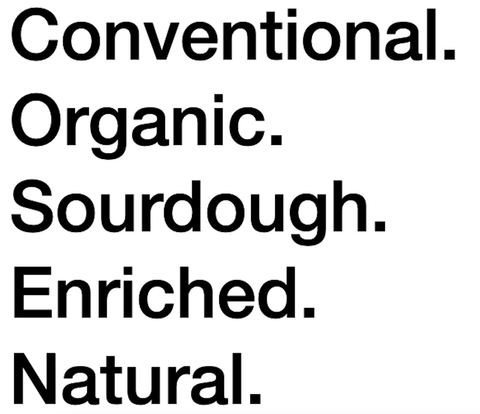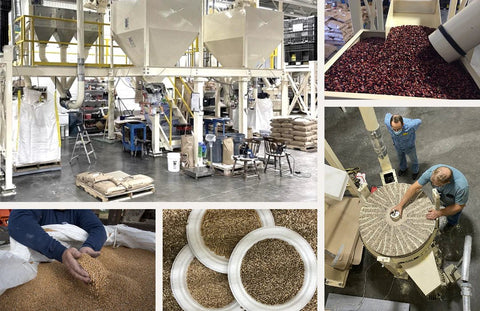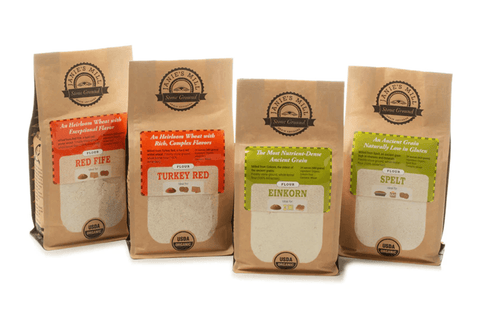Most producers know what real food is but for many reasons they don't make it the proper way. They use words and images to make up the difference between what they do and what customers want. Therefore, we have to be very careful and read product packaging and labels carefully, read the images, the text, and in-between the lines.
Here are a few frequently used deceiving words on food products:
Conventional. This word is often used when they described non-organic products. However, why is it conventional to use unhealthy ingredients in products? Is that really the "conventional way"? Or, was it renamed in the last few decades as food companies got bigger and bigger and they no longer have the ability to make food the proper way and they have to rely on large producers of ingredients which use excessive chemicals? Isn't it conventional to eat food made from ingredients you can easily understand and similar to how you'd make it at home?
Natural. The word natural is attached on many food products and often accompanied by pretty images of farms to make you feel better. But when you read the label you suddenly feel that this product is made on a different planet since it includes names of ingredients you don't recognize nor understand. How could that be allowed to be called "Natural"? Isn't natural what can easily be found in nature?
Enriched. What a nice word :). They're making this product richer than it is, but we must ask why? Why is it necessary to be enriched? This word is often used in flour and it comes from the fact that the government required flour mills to "enrich" their highly processed flour because it is made in a way that removes all nutrients. So instead of looking at their practices and finding a way to keep the flour's nutritional value, they realized it is easier to just dump chemically derived nutrients into it. But is it really good for us?
Sourdough. This word is often used on bread products in supermarkets to describe a flavor profile, sour tasting bread (most often derived by adding vinegar). Of course, sourdough should not have anything to do with ingredients and flavor and it should be all about a method of making bread. But since Big Food cannot make a bread using this method, and no one is stopping them from using this word, they've created their own version of it and in the process confuse most consumers in the country.
Organic. This word is meant to signify quality, but it is not always the case. My definition for it is: the best from the worst. The issue I have with organic is that it only talks about ingredients and not process. Food production starts with the soil where ingredients grow, and organic plays no role in how it is done as it only looks at the pesticides quality used. More importantly organic regulations do not look if the final products are made of whole products or if they're made of highly processed ingredients (which are organic). And for sure, they don't look at the process used which is often focused on the ease of automation and not what is good for the customer.
Some of these words are regulated by USDA and heavily sponsored by Big Food. You'd think that the government would be doing this to protect consumers but the fact is that these categories were created by Big Food in order to create a complicated and expensive processes and keep smaller better producers out of competition.
In addition to reading food labels for information about types of ingredients and quality of ingredients, we have to ask ourselves how was this product made? Methods used for food making are extremely important as it can easily make healthy ingredients into an unhealthy product, just like fried food is often less healthy than grilled even if the same ingredient was cooked.






Comments (0)
There are no comments for this article. Be the first one to leave a message!